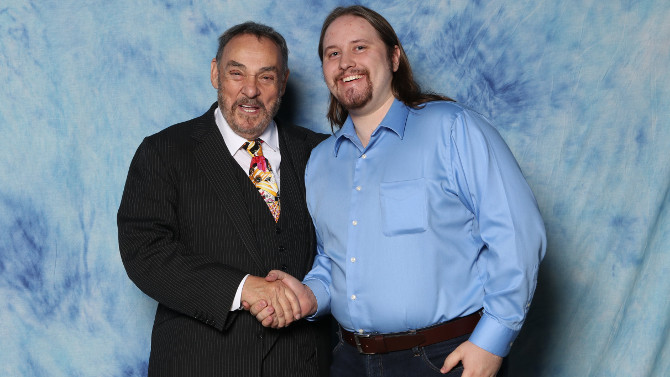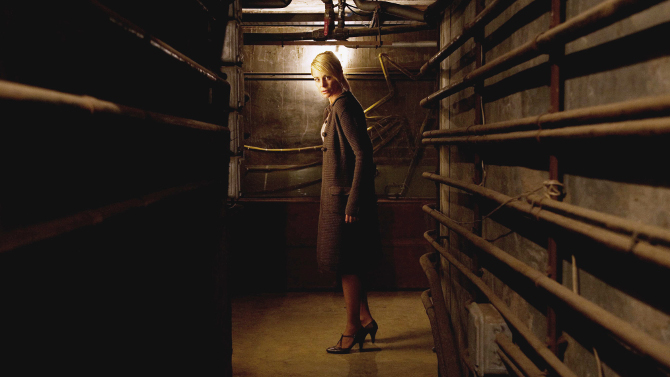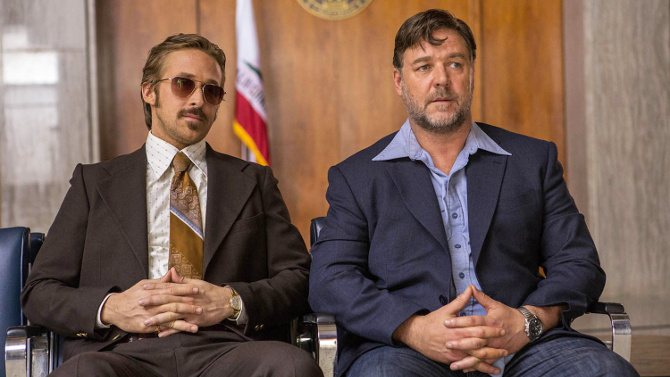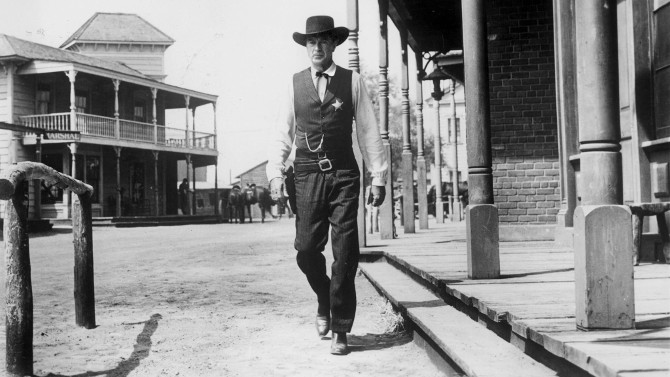
An Impossible Mission
How do you wrap up a franchise like Mission: Impossible? That is, if this even is the final installment... as they’ve made it sound (while at the same time, stars not named ‘Tom Cruise’ pipe up and suggest that might not be so). It has been twenty-nine years, with different writers and visionary directors – from twisty Brian De Palma and the action hair stylings of John Woo, to the lens flares of J.J. Abrams and animation expert Brad Bird, it was only about ten years ago that the franchise decided to opt for The Usual Suspects scribe Christopher McQuarrie for the final four. To return to that opening question once more, you could end with a Sopranos’ style cliffhanger, simply make another entertaining movie like the many before – like Everybody Loves Raymond did it with its final episode, or try to tie everything up in a neat little bow by bringing everything together as the Daniel Craig era did with James Bond. Well, it is definitely more along the lines of the latter example, with some distinct differences.
-
Star Pick with John Rhys-Davies
 When the Clock Strikes 12High NoonJune 7, 2016
When the Clock Strikes 12High NoonJune 7, 2016There may be no film that better encapsulates the idea of doing what is right or just rather than what is popular or easy than the classic 1952 western High Noon. I recently chatted with iconic character actor John Rhys-Davies, who has created wonderful personas in memorable films such as The Lord of the Rings trilogy (Gimli), Raiders of the Lost Ark/Indiana Jones and The Last Crusade (playing Indiana Jones’ loyal pal Sallah), or portraying General Pushkin in the 1987 James Bond flick The Living Daylights, to name but a few.
-

This Tarnished Gringo Shines
Get the GringoJune 5, 2016Mel Gibson may not be the most popular actor out there now, but there is no denying that he has had one of Hollywood’s more impressive careers over the last three or so decades. He puts everything he has into his work and one of his most recent films that once again impresses, yet has sadly gone unnoticed, is the 2012 crime flick Get the Gringo. Mel Gibson plays the unnamed criminal with the heart of . . .
-

Shine a Light
Julia's EyesJune 3, 2016Our eyes are the windows to the world. They are one of our most vital senses, and losing our vision is, in turn, probably one of every persons’ biggest fears. That is why the Spanish horror thriller Julia’s Eyes is one of the spookiest film concepts to come out in recent history. Written by Oriol Paulo and Guillem Morales (who also directs the picture), the visionary tale twists and turns as our protagonist, Julia Levin
-
Star Pick with G.J. Echternkamp
 Ship of FoolsTime BanditsMay 31, 2016
Ship of FoolsTime BanditsMay 31, 2016Hollywood studios have long used focus groups as a way to determine if audiences like a film. And, for just as long as they’ve been around, there have been complaints about them: ‘Who are the people who comprise the focus groups?’, ‘Do they have any insider movie knowledge?’, ‘Why are they more knowledgeable than the screenwriters and directors who have made the film?’, "Why are studios changing the ending of a movie just because a few random people disliked it?’.
-

Nice Guys Finish First
The Nice GuysMay 29, 2016Putting Ryan Gosling and Russell Crowe together as an action comedy duo seems like a rather unorthodox and risky venture. Both have been able to add touches of humour to certain roles in their impressive resumes, yet they have generally been considered dramatic actors – with neither having truly had the chance to test their jocular delivery. So, it is perhaps slightly surprising that the duo have excellent comedic chemistry and timing in their new film The Nice Guys.
-

Bright Hope for the Western Genre
Bone TomahawkMay 27, 2016"This is why frontier life is so difficult. Not because of the Indians or the elements, but because of the idiots." Truer words may never have been spoken about the western genre; so many of these films seem to have their share of noble idiots who are unprepared yet undaunted by a seemingly impossible task. Though motion pictures featuring cowboys, sheriffs, bandits and the like have taken a downturn over the last several decades, there has been a small resurgence of quality independent westerns that have cropped up over the past year or so. One such movie (which is where the above quotation can be found) is the 2015 horror western Bone Tomahawk.


